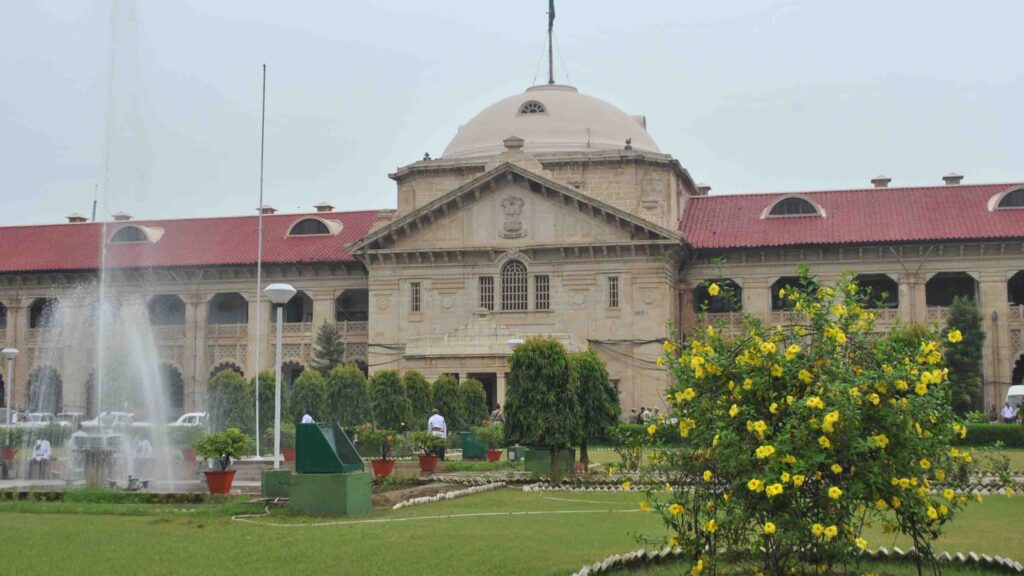
Allahabad High Court Reserves Judgment on Imparting Religious Education in Government-funded Madrasas
Last Updated on February 12, 2024 by News Desk
The Lucknow Bench of the Allahabad High Court recently reserved its judgment in a significant plea addressing the issue of imparting religious education in government-funded Madrasas or education boards. The matter, heard by a bench comprising Justice Vivek Chaudhary and Justice Subhash Vidyarthi, has sparked debates surrounding the intersection of religious instruction and state-funded education.
The case stemmed from a writ petition filed by Anshuman Singh Rathore, challenging the legality of the UP Board of Madarsa Education Act, 2004, and certain provisions of the Right of Children to Free and Compulsory Education (Amendment) Act, 2012. Central to the arguments was the question of whether religious education should fall under the purview of government-funded institutions and the implications of such a system on constitutional rights.
Throughout the proceedings, the High Court raised pertinent inquiries directed at both the Union of India and the State government. Specifically, concerns were raised regarding the placement of the Madrasa Board under the Minority Department instead of the Education Department, highlighting potential issues of transparency and arbitrary decision-making in educational governance.
Advocates Aditya Kumar Tiwari and Ghulam Mohammad Kami represented the petitioner, while a team of advocates, including Afzal Ahmad Siddiqui, Amrendra Nath Tripathi, and others, appeared for the respondents. The case has garnered attention from legal experts and stakeholders concerned with the balance between religious freedoms and state intervention in education.
This isn’t the first time such issues have come under judicial scrutiny. Last year, in March, a bench led by Justice Dinesh Kumar Singh (now a judge in the Kerala High Court) sought responses from both Central and State governments regarding the permissibility of religious education in government-funded Madrasas. The bench specifically questioned whether such practices would violate constitutional articles safeguarding fundamental rights, including Articles 14, 25, 26, 29, and 30 of the Constitution of India.
As the court deliberates on this matter, the outcome holds significant implications for the education system in India, particularly in terms of the balance between secular education and religious instruction in government-funded institutions. The judgment, once delivered, is expected to provide clarity on this contentious issue and may set precedents for future policies and practices in educational governance.
Written by — Athi Venkatesh AVD




